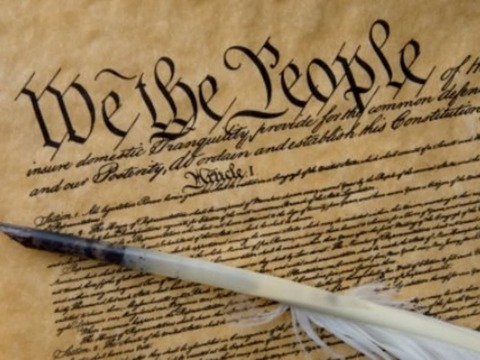
No caption necessary.
If people decide to emigrate, they will have their reasons. For most, it is not an easy decision or any easy process. It is best to show understanding and solidarity. People will have things to offer from various positions. We will have to work together. .. I am incredibly fortunate to have such choices.
-Timothy Snyder, 1:54 am, 4/5/25
Yale Daily News
Timothy Snyder, Yale historian, author of On Tyranny and On Freedom moved his family to Toronto last summer. The University of Toronto offered him safe haven, space and freedom to continue his work without constraint. Jason Stanley and Marci Shore, two other Yale historians, will also de-camp to the University of Toronto.
I have read Snyder's good-bye letter in the Yale Daily News with attention. The word "obfuscation" comes to mind. Also the words: "the fear factor." From one sentence to the next there are shifts and shadows. To paraphrase: No, this has nothing to do with Trump 2.0. Yes, I'll continue lecturing in the United States and continue my important global work. And so on.
I suppose there is another way—or more than one way—to understand what is happening:
1. Universities all over the world are recruiting American academics with gusto, a new brain drain.
2. The academics in exile are similar to the Russian dissidents who now live and work abroad.
3. The academics in exile echo the governments in exile during World War II. When the "war" is over, they will return to the United States. Hopefully.
I felt the fear factor the other day myself when the Authors Guild, host of my website and blog, sent around a petition to sign after Shira Perlmutter, the Register of Copyrights in the Library of Congress was fired. The Guild portrayed the termination as serious, another "power grab" by the administration, and a threat to writers.
After wrestling with my hesitation to sign, for no other reason than an amorphous fear factor, I added my signature to the petition. My hesitation surprised and concerned me. Then I remembered a cousin of mine telling me that she never signed anything, a caution handed down from our Holocaust survivor ancestors. The Nazis used lists for their round-ups and deportations to the death camps. This is an inter-generational trauma that will not quit. Nonetheless, it must be resisted.
Though stunned and saddened by Snyder's exile, I understand. He's a high profile professor who may find himself in someone's deranged crosshairs if he remains in the United States, or he might be forced to self-censor to protect his family even though he has challenged his readers not to "obey in advance."
Snyder has asked for solidarity. I pledge mine for the duration.








